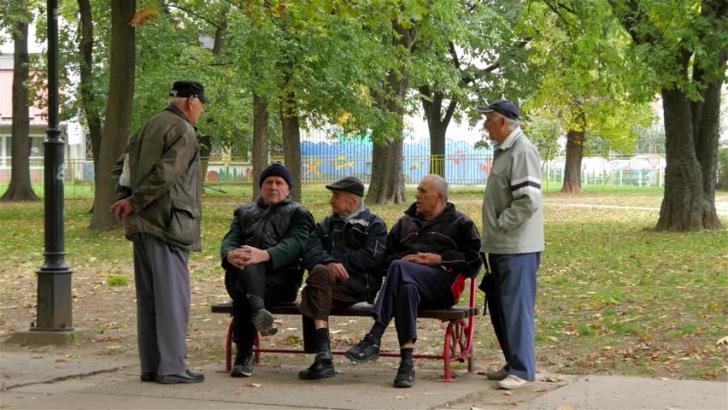Addressing the Social and Psychological Needs of the Elderly
Recent findings from a survey commissioned by the Cabinet have cast a spotlight on the social and psychological needs of individuals aged 60 and over in Cyprus. The study, conducted by Insights Market Research (IMR) at the University of Nicosia, reveals that a significant portion of this demographic grapples with loneliness and low pensions, with 42% feeling isolated and 30% citing financial constraints as a major issue in their golden years.
The survey, which unfortunately did not receive the attention it deserved according to Professor Konstantinos Fellas, head of the research, indicates that women and those over 80 are particularly susceptible to feelings of fear and insecurity. Moreover, there is a call from approximately a quarter to a third of respondents for the establishment of activity centres and enhanced state support.
For many, the Church and television serve as the main sources of activity. Individuals in the 60-69 age bracket often devote considerable time to their grandchildren, highlighting the varied interests and engagements across different age groups within the senior population.
Financial difficulties are more pronounced among women, with 58% experiencing loneliness and 42% facing economic hardships. The survey also points out that loneliness intensifies with age, especially among the very old (67%), while insecurity and fear are more prevalent among those aged 70-79.
When it comes to social activities, a majority of participants engage in religious services, while others partake in exercise, charitable work, and arts or music groups. Living arrangements vary, with most residing in their own homes and a smaller percentage living in rented accommodations or with family members.
Transportation is a mix of personal vehicles, reliance on friends or relatives, and public transit. Despite 42% of respondents leaving their house daily, financial constraints and dependence on others often limit their mobility.
The study also sheds light on the income sources for retirees, with pensions accounting for the majority. While nearly half report that their income suffices for their needs, a significant number struggle financially, impacting their ability to engage in various activities.
In response to these challenges, participants have suggested more frequent bus routes, better pedestrian infrastructure, and increased pension support. Professor Fellas emphasizes the need for societal change, advocating for a shift away from the stigma of dependence in old age and towards recognizing the importance of interdependence within our communities.





